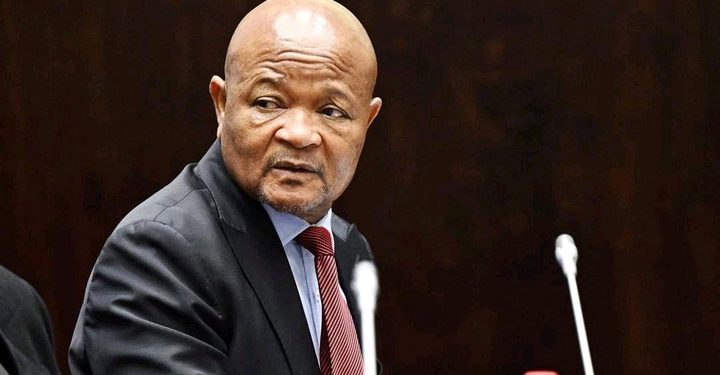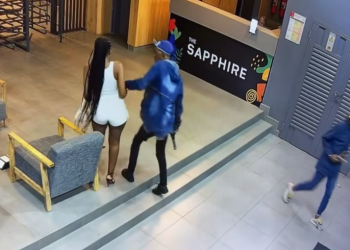South Africa’s political landscape has been rocked by explosive allegations against suspended Police Minister Senzo Mchunu, accused of conspiring with criminal networks to obstruct investigations into politically motivated killings. The claims, made by KwaZulu-Natal Police Commissioner Lieutenant-General Nhlanhla Mkhwanazi, have prompted President Cyril Ramaphosa to suspend Mchunu pending a judicial inquiry.
Explosive Claims Surface
Mkhwanazi stunned the nation during a July 6 press conference, alleging that Mchunu orchestrated the disbandment of the Political Killings Task Team—a specialized unit probing high-profile murders in KwaZulu-Natal and Gauteng. According to the commissioner, the task team had uncovered deep ties between drug cartels, senior police officials, and politicians.
Key among the allegations:
-
Mchunu allegedly ordered the removal of 121 case dockets, including those linked to political assassinations.
-
WhatsApp messages from businessman Vusimuzi “Cat” Matlala—a reported Mchunu campaign financier—suggested direct coordination to shield suspects.
-
Deputy Commissioner Shadrack Sibiya, also implicated, claims he was following Mchunu’s directives.
Mchunu Fights Back
In a Constitutional Court filing, Mchunu dismissed the allegations as “baseless and politically motivated”, accusing Mkhwanazi of violating protocol by going public without internal engagement. “These claims damage both my reputation and SAPS integrity,” he stated, demanding a formal investigation rather than a “media trial.”
Presidential Action & Backlash
President Ramaphosa, attending the BRICS Summit in Brazil, announced Mchunu’s suspension on July 13 and appointed acting minister Firoz Cachalia to oversee a judicial probe. However, opposition parties—including the DA, EFF, and MK Party—have slammed the move as “delaying justice”, demanding Mchunu’s permanent removal and criminal charges.
Broader Fallout
The scandal has intensified scrutiny of South Africa’s law enforcement, particularly amid rising political killings in KZN. If proven, the allegations could expose systemic corruption at the highest levels, further eroding public trust. Conversely, if Mkhwanazi’s claims are debunked, his credibility—and the motives behind his public revelations—will face severe scrutiny.
What’s Next?
With the judicial inquiry set to begin, South Africans await answers. The outcome could redefine accountability in SAPS and influence Ramaphosa’s administration as it battles perceptions of weak anti-corruption enforcement. For now, the nation watches closely—caught between demands for transparency and the rule of law.
The stakes? Nothing l






















